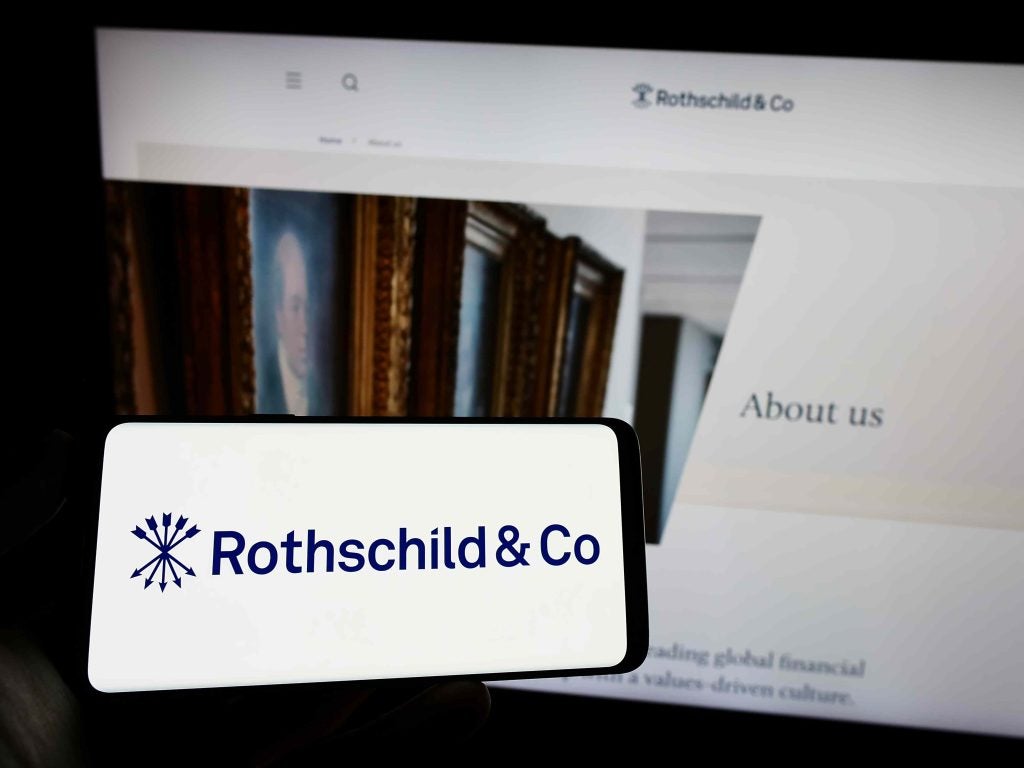“Wealth does not pass three generations”. Based on a famous Chinese proverb, this has long been the cultural mindset of Asian families. Also known as the ‘three generation curse’, Asian families are increasingly turning to offshore trust solutions to lift the spell. Jayesh Chatlani writes
Massive private wealth generation having occurred so recently in Asia, many heads of high net worth Asian families are reticent to lose control of the wealth they have worked hard to generate. Common law trust structures that would require relinquishing the ownership and control of their wealth can be quite foreign to most Asian clients.
Fortunately, the British Virgin Islands (BVI) and Cayman Islands, whose corporate structures are already familiar to high net worth individuals in Asia, offer a number of solutions that can be tailored to address their needs. Both jurisdictions permit a wide range of powers to be reserved by a settlor of a trust, or for a protector (such as a close friend or family member) to be appointed to oversee a trustee’s actions. In the BVI, this is taken one step further by the development of the VISTA regime which allows for even further restrictions on the trustee from the traditional duty to manage the underlying trust assets.
Depending on the purpose of the trust, it is important to bear in mind that if too much control or power is held by the settlor, that might risk a challenge to the validity of the trust in other jurisdictions. Accordingly, professional advice and consideration will need to be given to ensure a suitable balance between ensuring the necessary comfort and assurance is given to a settlor’s concern regarding loss of ownership and control and ensuring that the trust structure is suited for its intended purpose.
A particularly popular structure for Asian clients who wish to set up trusts for specific purposes such as succession planning of an operating family business has been the Cayman Islands STAR Trusts (or a non-charitable purpose trust in the BVI). The STAR Trust is a non-charitable purpose trust and offers Asian clients another option for dynastic or multi-generational succession planning. In particular, settlors are attracted to the role of the ‘enforcer’ for STAR Trusts which moves the right to enforce the terms of the trust or to claim against a trustee from beneficiaries to the enforcer. This helps mitigate the risk of infighting between intended beneficiaries and therefore offers further comfort to settlors.
A further increasingly popular solution in both BVI and Cayman Islands is the use of Private trust companies (PTCs). PTCs are a separate entity created to act as a trustee and are particularly attractive to Asian settlors as it addresses one of the concerns of Asian settlors as it allows the settlor of to retain control over the assets settled in the trust. However, settlors will still need to ensure they are advised of and comply with the fiduciary duties and requisite standard of care imposed on PTCs.
How well do you really know your competitors?
Access the most comprehensive Company Profiles on the market, powered by GlobalData. Save hours of research. Gain competitive edge.

Thank you!
Your download email will arrive shortly
Not ready to buy yet? Download a free sample
We are confident about the unique quality of our Company Profiles. However, we want you to make the most beneficial decision for your business, so we offer a free sample that you can download by submitting the below form
By GlobalDataWhile the trust structures available in the BVI and Cayman Islands are varied and flexible, perhaps one of the most innovative offerings has been the Cayman foundation companies (CFCs). CFCs offer Asian clients many of the same benefits of a trust but also enjoy separate legal personality, which may mean easier recognition in the settlor’s home jurisdiction. Capable of existing indefinitely, the distinguishing features of CFCs are their orphaned nature, and the ability to entrench their objects.
A CFC does not need to have members whose interests may conflict with the wishes of the founder, and payment of dividends is prohibited. The intentions of the founder can be entrenched in the constitutional documents and can therefore continue notwithstanding the founder’s incapacitation or death. The CFC is well suited to hold family businesses, as the composition of the CFC can mirror an existing board. While potentially rigid once set up, the CFC can be flexible when first being structured. Like trusts, assets placed into CFCs are statutorily protected by ‘firewall’ legislation which is attractive to Asian settlors.
Notwithstanding all the benefits of the CFC, Asian clients nevertheless need to contend with the risk of registration, annual government fees and prospective over-rigidity once the CFC has been set up.
The BVI and Cayman Islands offer various solutions that can be tailored to meet Asian clients’ needs. Structuring such solutions must be done with professional guidance and close attention paid to balance the client’s wishes with what would be permitted and suited for purpose. Being too accommodating to a client’s needs in retaining excessive control can jeopardise a trust, and the entrenchment of objectives can make a CFC too rigid to be an effective dynastic vehicle. Accordingly legal advice must be sought in each of the offshore and onshore jurisdictions where the structuring takes place and the assets are located.
Jayesh Chatlani is Counsel at Harneys








